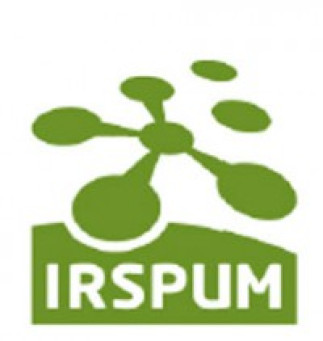Ce séminaire est organisé par l'Institut de recherche en santé publique de l'Université de Montréal (IRSPUM).
Conférencier :
Enrique Beldarrain Chaple, M.D., Ph.D., is Chef of Research Department at the National Medical Sciences Information Center, and Full Professor and Researcher in the History of Public Health at the Havana Medical University. Doctor of Medicine (Havana Medical University, 1982), he also holds a First and Second Degree specialized in Epidemiology (Havana Medical University, 1982 and 2001), and a Ph.D. in Public Health (National Public Health School, Havana, 2011). The author of 120 presentations at scientific events at Cuban and foreign universities (USA, Mexico, Spain, Costa Rica, Brazil, Colombia, Ecuador), he has also published five books and 45 articles about the Cuban history of medicine and epidemics. He has received several awards for his contribution to the field.
Résumé :
In this presentation, Dr. Chaple will examine the major epidemics which occurred in Cuba, from the first smallpox of 1521 to the last in the late twentieth century, with emphasis on the cholera epidemics of 1833 and the 1981 dengue fever. He will analyse the work of two important figures in the development of public health on the island : the doctors Tomás Romay and Carlos J. Finlay. He will propose a panoramic vision of the Medical studies and will show that, in the historical account, the presence of epidemics and the development of public health and institutions are linked. Finally, he will discuss changes in the health strategy after 1959, the development of programs to combat communicable diseases, and their main results.

